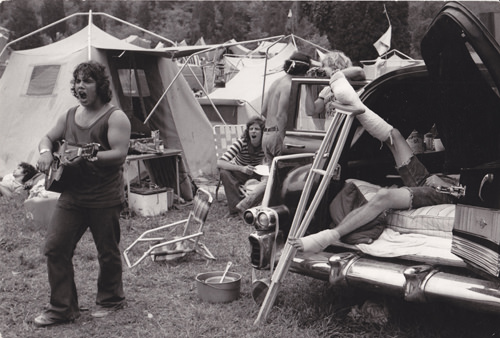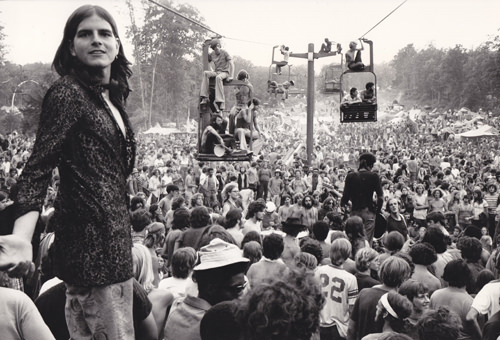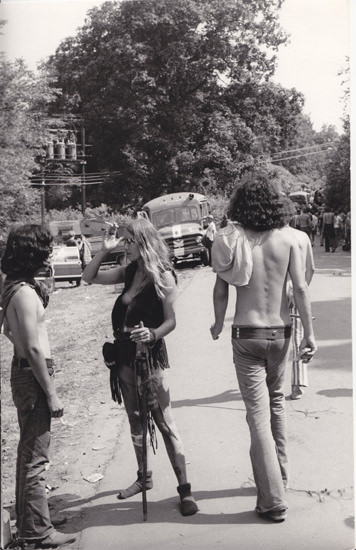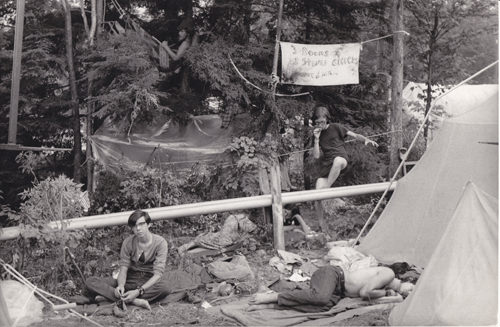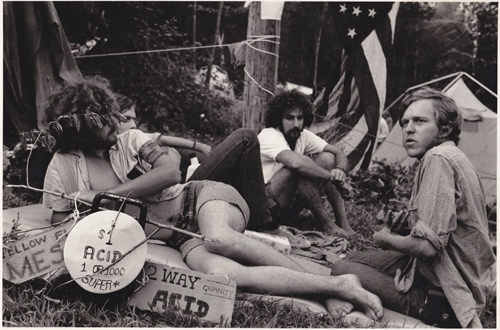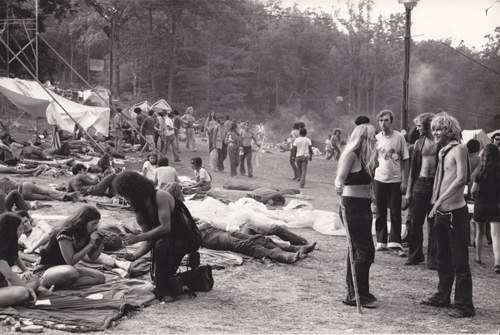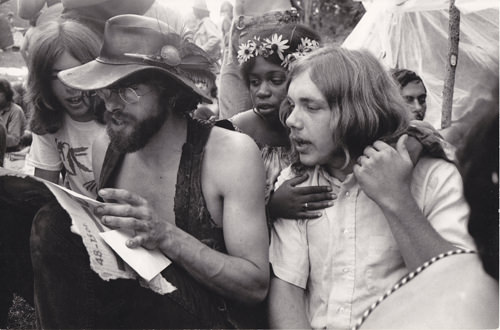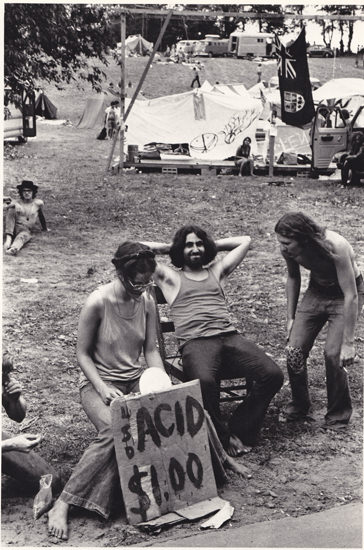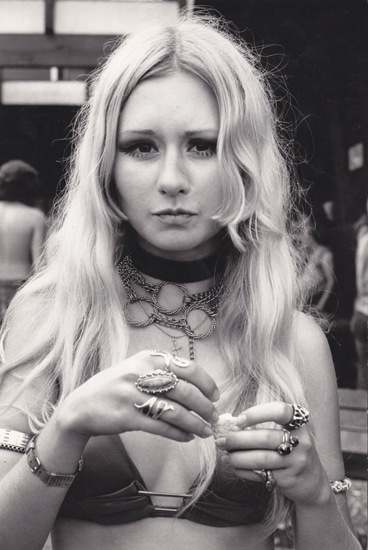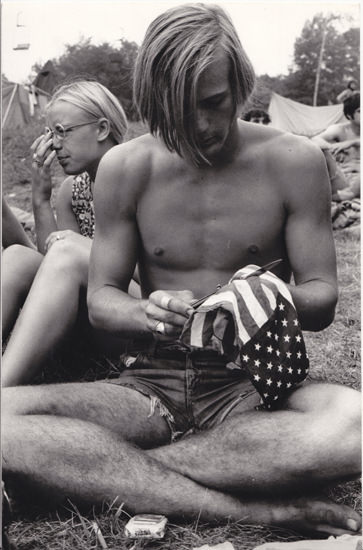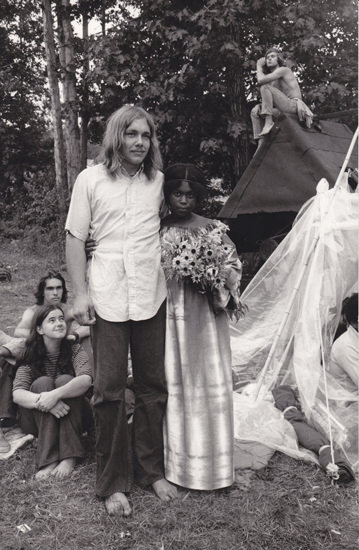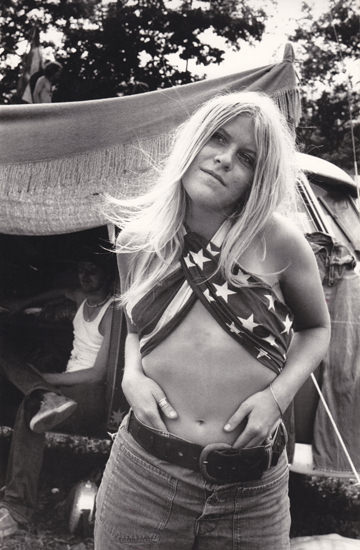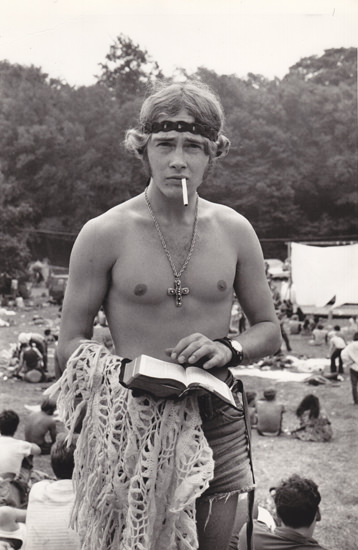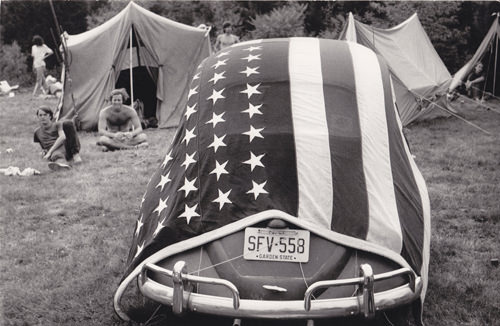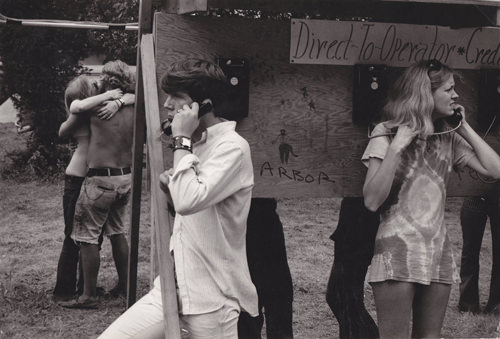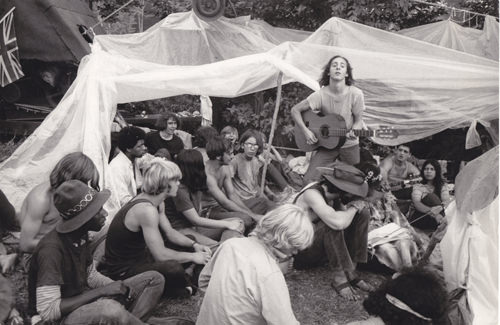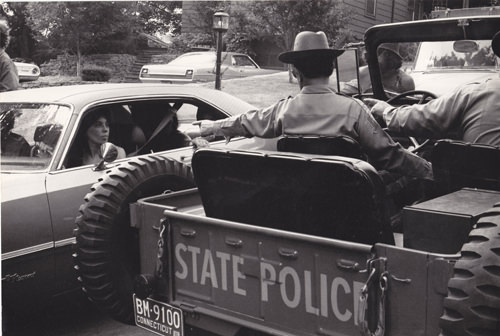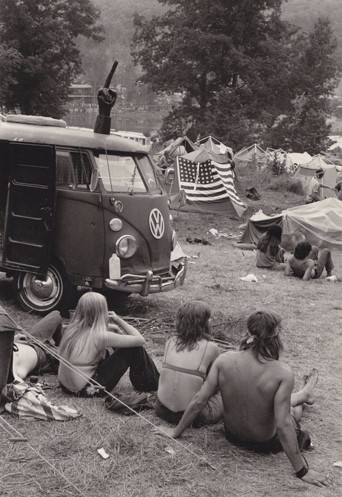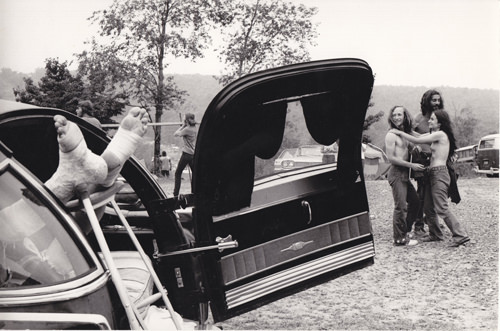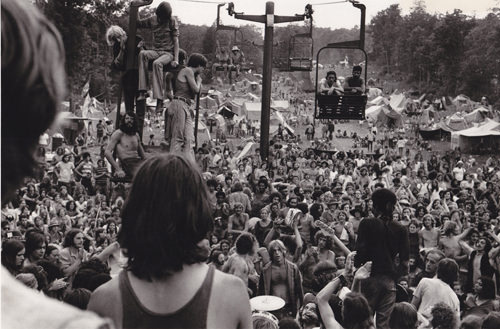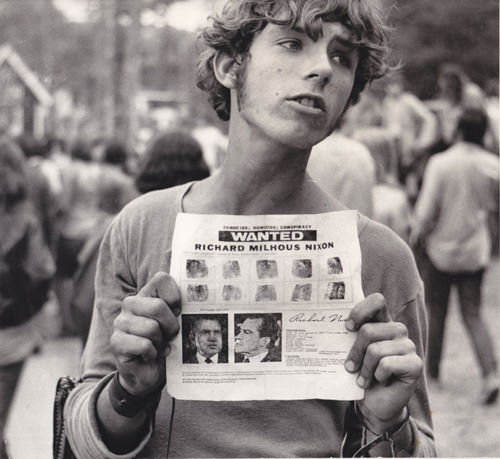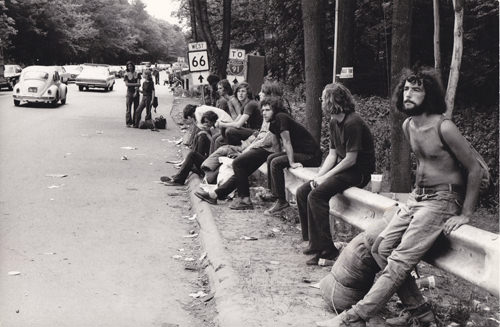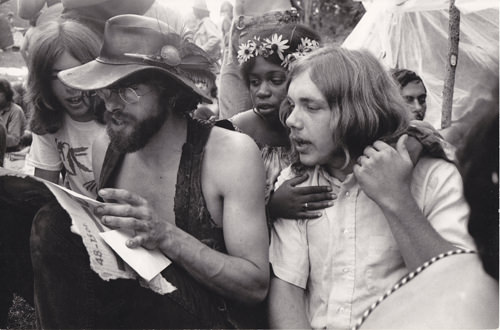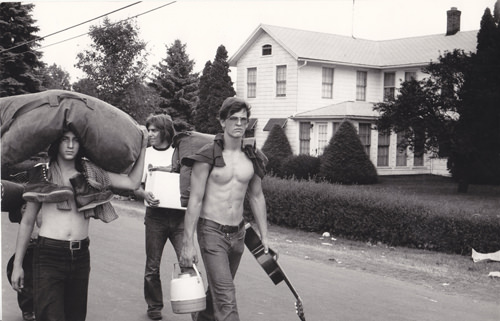The summer of 1970 saw many outdoor music festivals planned across the United States. One such event was scheduled to take place in Middlefield, Connecticut, at the Powder Ridge Ski Area. This was the planned site for the Powder Ridge Rock Festival, set to happen over three days: July 31st, August 1st, and August 2nd. People bought tickets expecting a weekend filled with musical performances.
However, before the festival could officially begin, a significant problem arose. A legal injunction was issued by authorities. This court order forced the organizers to cancel the event. A key consequence of this cancellation was that the musicians who were booked to perform were prevented from coming to the site. The planned stage shows and concerts simply would not happen.
Despite the cancellation and the absence of the scheduled bands, a large number of people still arrived at the Powder Ridge Ski Area. Around 30,000 attendees showed up for the festival weekend as planned. They came to the site ready for a music festival, but they found a very different situation than expected.
Because the event had been canceled by the injunction, the necessary facilities to support such a large crowd were either completely missing or severely lacking. There was no organized system for providing food for the tens of thousands of people who arrived. With the musicians kept away, there was no formal entertainment or music on stages. The basic infrastructure, such as plumbing and sanitation for toilets and clean water, was totally inadequate for the size of the crowd that gathered.
Read more
Amidst the lack of food, music, and proper facilities, another significant situation developed: a widespread drug scene. According to reports from the time, drugs were openly sold within the crowds at Powder Ridge. People were seen consuming various substances commonly throughout the weekend. It was noted that at least seventy drug dealers were present on the site, openly conducting transactions.
Dr. William Abruzzi, a volunteer doctor who was at the scene to provide medical assistance, described the situation as a drug “crisis.” He had also worked at the famous Woodstock festival the previous year and compared the two experiences. Dr. Abruzzi stated that Powder Ridge was a “heavy hallucinogens scene,” while he described Woodstock as a “pale pot scene,” indicating the prevalence of stronger drugs at Powder Ridge. He reported treating numerous bad drug trips, particularly from LSD. He observed that the rate of bad trips per capita was higher at Powder Ridge than at any other music festival he had ever worked.
A specific detail contributing to the drug issues was the presence of barrels of what was called “electric water.” These barrels were made available for public consumption. People were reportedly invited to drop donations of drugs into these barrels, creating mixed drug cocktails. The strength and exact composition of these mixtures were unknown, making their consumption particularly risky and contributing to the medical problems Dr. Abruzzi and others witnessed.
The combination of a large crowd, the cancellation of music, the lack of essential facilities, and the pervasive drug use created a chaotic and difficult environment. The situation was later described by writer William Manchester, who commented that “Powder Ridge was an accident waiting to happen, and it happened.” The people who came for a music festival found themselves in unplanned and challenging circumstances without the expected entertainment or support structures.
Following the difficult weekend, the promoters of the Powder Ridge Rock Festival announced that they planned to reschedule the event for a different location at a later date. However, despite this announcement, no such plans ever came to fruition. The rescheduled festival never happened. Furthermore, attendees who had purchased tickets for the original event never received refunds for their money. The event that was supposed to be a music festival instead became known for the crowd that arrived despite the cancellation, the difficult conditions they faced, and the prominent drug scene that developed on the ski area grounds in the summer of 1970.


